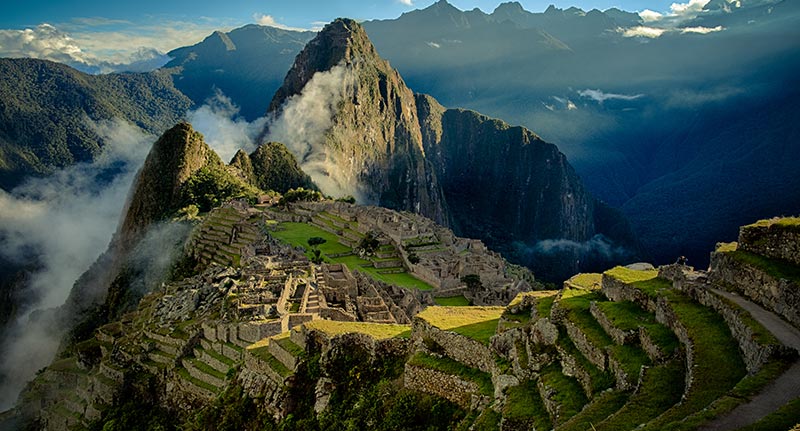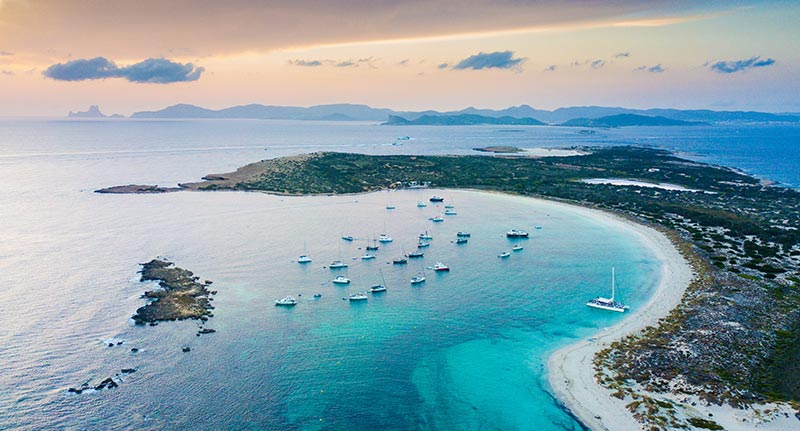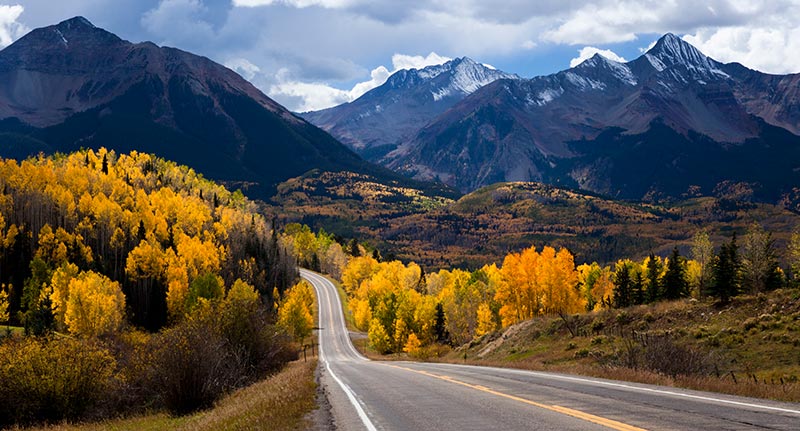
Travel Destination Guides
Whether you’re still in the planning stages or heading out tomorrow, our travel destination guide has helpful travel tips, safety information, and country guidelines for some of the most popular destinations our travelers are visiting.
ON THIS PAGE:
Africa & Middle East / Asia & Pacific Islands / Europe / Latin America / The Caribbean / US & Canada

Africa & Middle East Travel Insurance Plans

Asia & Pacific Islands Travel Insurance Plans

The Caribbean Travel Insurance Plans


